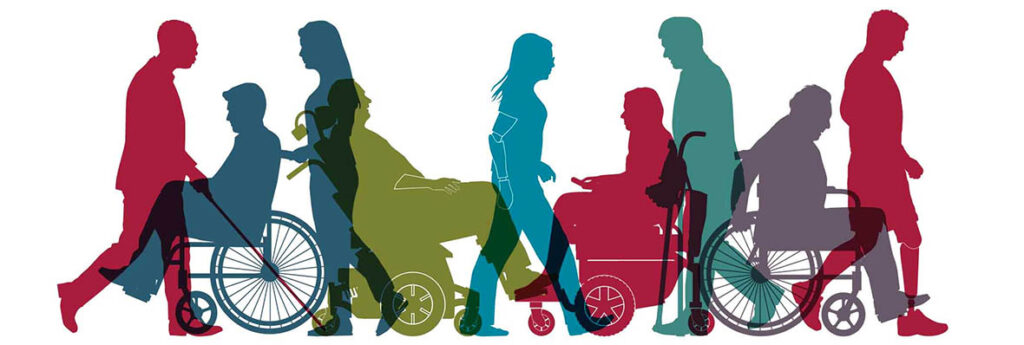Canada’s airlines have agreed to make changes to improve the travel experience for disabled passengers, says the government, following last week’s national summit on air accessibility – a gathering that followed several high-profile incidents that placed the spotlight on problems in the industry.
“All partners agreed to seek out ways to ensure seamless travel for persons with disabilities,” said Kamal Khera, the federal minister for people with disabilities.
That includes an agreement to create a streamlined and standardized intake form at the booking stage for people who need accessibility support.
Khera gave the airlines credit for recognizing that there are problems.
Transport Minister Pablo Rodriguez said the changes need to be implemented as soon as possible, though he stopped short of setting a deadline or promising penalties for non-compliance. “The airline companies don’t want to be in the papers because of bad services,” he said.
But that has consistently been the case in recent years and it was, in part, negative media coverage that led to Thursday’s summit.
It was announced in March after airline executives testified at the House transport committee, where MPs confronted them with shocking stories from people with disabilities about the way the airlines treated them.
Last year, the Canadian Paralympic Committee demanded better transport to and from competitions after athletes complained of damaged and broken equipment.
Air Canada said it formed an advisory committee early this year made up of customers with disabilities and set out a program for travellers to wear a lanyard that indicates to staff they may need assistance.
At last Thursday’s summit, airline representatives touted their successes, with one saying that passenger surveys showed the overwhelming majority of travellers who need special assistance have positive experiences.
Among the commitments agreed to at the Summit were:
- All partners agreed to seek out ways to ensure seamless travel for persons with disabilities, to make air travel more inclusive and enjoyable for all;
- Industry will work together to streamline processes and adopt a common medical form for passengers with disabilities to simplify their travel preparation and as well as explore ways to collect and share data with government representatives; and
- The Government of Canada will take a leadership role with international partners to promote better passenger experiences for persons with disabilities.
“Canada’s first ever National Air Accessibility Summit convened actors from across the air transportation sector so that together we can take a coordinated and deliberate approach to making air travel barrier-free for Canadians with disabilities,” said Khera.
“As a result of the Summit, we were able to agree on short-term solutions to improve accessibility in addition to having ongoing conversations as to how we can continue to break down barriers to accessibility in the long-term.”

